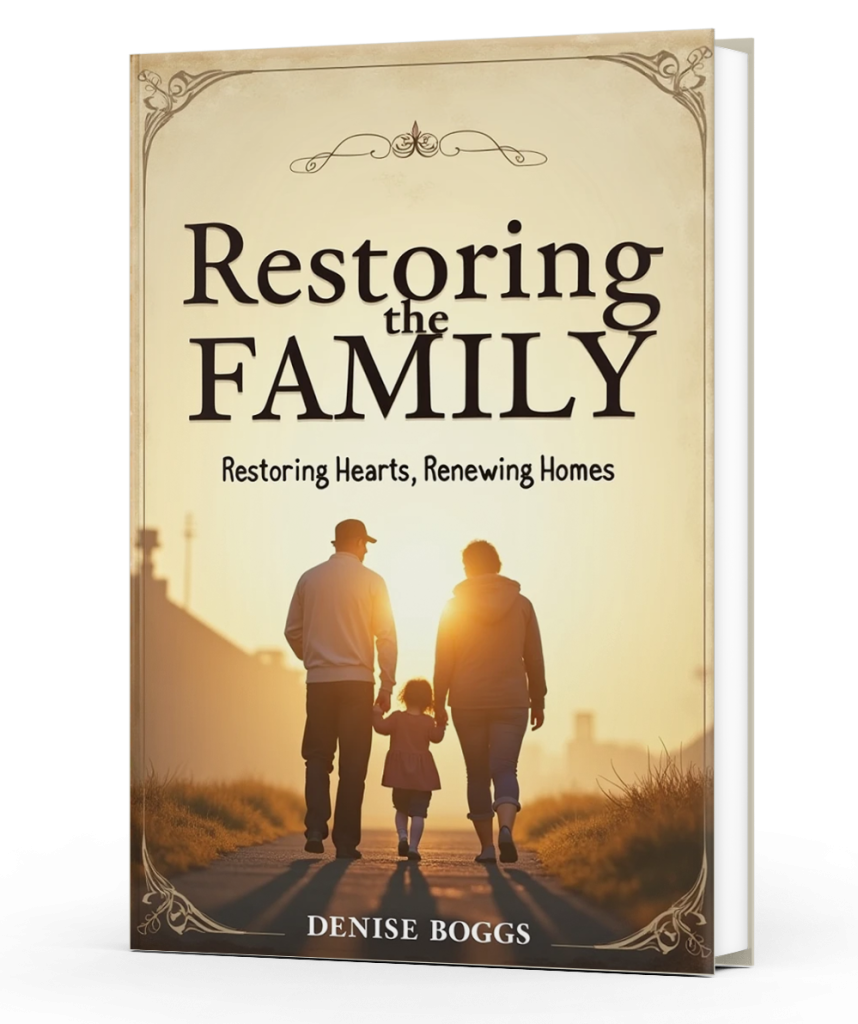Right now is the time to prepare your family for emergencies and difficulties. Times are getting much more difficult, and will continue to see an increasing intensity.
The fact is, no-one knows exactly what specific problems or challenges that could eventually result during a major and over-all emergency event. The best thing right now if to prepare for situations that could cause disruption to your normal lifestyle.
Certainly we do not want to operate in fear, so preparing will help us get our families ready when stressful times approach – and will enable us to help others who may struggle with the difficulties. The reality is, we do not know when something may disrupt our lives, or exactly what the turmoil may look like.
36 “However, no one knows the day or hour when these things will happen, not even the angels in heaven or the Son himself. Only the Father knows. Matthew 24:36 (NLT)
To help us prepare, let’s do some planning. The following are some simple tips and recommendations to help us prepare for an emergency. These are very simple action tips that you might find from various preparation and disaster support agencies like the Red Cross. Certainly, most are obvious suggestions, but it never hurts to revisit our preparation plans.
Get an “escape bag” ready
There are other names for the bag, such as: 72-hour kit, bug-out bag, battle box, and GOOD bag (Get Out Of Dodge). The focus of the bag is to get you items ready for a quick evacuation. It is not intended to be an all-out long-term survival kit. Basically, it is a portable kit that is ready to go in an emergency, and contains the items that would be needed to survive for seventy-two hours when evacuating from a disaster.
Water is life, and critical for our survival
Obviously, our bodies require water for survival. Years ago, I lived in South Florida when a major hurricane hit. I took for granted that water would flow into our home. Unfortunately, I was sadly mistaken. A State that was surrounded by water was thrust into a water crisis.
So, make sure to prepare for what you do not know. As much as possible, try to keep a water supply of a gallon for every person each day and one that would be enough for seven to ten days.
Water should be kept in appropriate safe chemical-free containers. Also, make sure that you also have filters and tablets for the purposes of purification ready and available when needed.
Extra Cash and Gas
In this age of debit and credit cards, many people will not carry cash. That’s a problem in an emergency. Credit is good unless there is an emergency. Try to keep ready cash just in case the atm’s fail or the system of your bank is not working.
Also, it is best if you keep the gas tank of your car half full. This is so to avoid the long lines in gas stations. Trust me, when the hurricane hit our area you couldn’t get gas anywhere – and trucks couldn’t get into the area to fill the stations. It was terrible.
Store food for you and your family
This is an obvious first-concern for most people. If you have ever lived through a disaster in a populated area, you know it doesn’t take long for the local grocery store to be depleted of inventory. Grocers do not stock shelves for long-term storage, and especially do not inventory items just waiting for a disaster to hit. The fact is, grocery stores can be wiped-out quickly. And the worst part is, if transportation is disrupted for any period of time – you simply may not have food available in your area.
You need to stock food that is not as easily perishable. You should store enough for you and your family and any pets. Initially, you will want to have a stored supply for at least a week. We suggest that you build your supply of non-perishable foods to last you, your family, and pets, for two to three months.
Examples of such foods are canned goods, whole grains, oats, rice, powdered juices and milk, boxed dry vegetables and cereals.
Have an alterative cooking source
It is always a wise idea to have a cooking source that could serve as an alternative besides the usual electric stove you may be used to.
Having a ready barbecue stove or a propane stove on hand is the best recourse if in case the electricity goes out or if gas becomes no longer available. You may want to add propane to your list of items to make sure you have plenty on hand. Cooking meals on a propane grill is much different than the typical Friday night barbeque. You’ll go through propane pretty quickly when you are preparing meals.
Another great resource is a sun oven. We purchased one – and my wife has become a master at baking with it. It is an amazing system, and a great tool that can be used for baking anything. Pick-up a Sun Oven at Millers Grain House. Right now there is a great sale.
Collect clothes
Have a ready and available stock of clothes for your kids and yourself. You’ll also want to have sleeping bags ready.
Collect wood
Having a steady supply of good wood is also a good idea as these could be used for those fireplaces or for stoves that use wood for burning.
Have a light
A flashlight is the item that you simply could not do without especially during emergencies. Try to consider using recharging through solar means as well as units that are cranked by hand. This is in order to avoid any future worries on batteries.
Keep prescriptions
As much as possible, try to keep any prescriptions that you or your family member may have filled. Also, try to maintain an added supply of medication both non-prescription and prescribed ones.
Contact your healthcare provider for any refill prescriptions in advance.
Have books
During emergencies, it could be safe to have some books and some board games available to entertain yourself during power failure.
Know thy neighbor
It is also better if you acquaint yourself with the neighbors you have in your area. There could be instances wherein you may need each other if ever the basic services are somewhat interrupted.
All in all, preparation is always the best cure against any unexpected circumstance that an emergency might bring.





